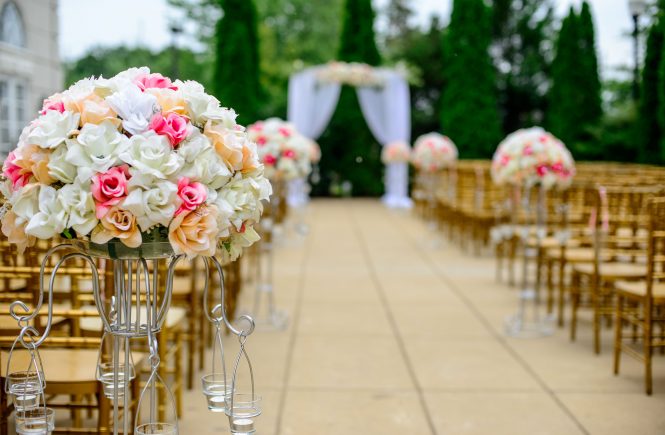Deciding to become a celebrant is a big move and one that can bring immense personal fulfilment. However just like any other job, there are highs and lows and it’s important to do your research before embarking on this career path to ensure that you’re adequately prepared for all that the job will entail.
First, let’s address the lows of being a celebrant. It may sound pessimistic to start off on a low note but unfortunately there are some real lows to the industry that many people don’t often consider.
Many people will romanticise the idea of being a marriage celebrant but it’s important to know the very real downsides. As a wedding celebrant, you’ll often be working weekends (as this is when most people choose to get married so that most family and friends are able to attend their ceremonies). If you have a busy family life and weekends are free for you, having most of your jobs booked on weekends may actually be a blessing for you… however for others it can be an inconvenience.
Of course perhaps the biggest drawback of being a wedding celebrant is the low income. If you plan to be part time or a celebrant as a hobby (for example, in retirement) then this may not be as much as an issue for you. But, if you’d like to be a celebrant on a full time basis then you’ll need to understand the risks, that it likely won’t be able to pay for your lifestyle and you’ll most likely need an additional job to supplement your income.
And as a celebrant, you’ll never have the opportunity to have an “off” day. Unlike a 9-5 job where occasionally if you’re feeling sick or in a bad mood where you can just rock up and do your job on autopilot… celebrants can never have those moments. It would be entirely unprofessional for a celebrant to give a poor performance at someone’s wedding, of course. But the reality is that celebrants – like everyone else – have low moments and days where they’re just not feeling it, but as a celebrant you’ll need to very quickly learn to be able to put your personal feelings aside and give 100% in the moment. Your clients deserve you giving your best!
On top of this, celebrants are in a very competitive industry and although the rate they charge per ceremony may seem high to the average citizen, the hourly rate is actually quite low and per year, most celebrants earn barely enough to cover a part-time wage.
However, being a celebrant isn’t all bleak! And what the job can lack in financial stability, it makes up for in personal satisfaction. To have the privilege of dealing with people at such significant moments in their life is wonderful and you’ll be part of the happy memories of countless couples, their friends and their families. Likewise, your clients will leave a mark on your memory and you’ll get to share in so much joy.
Plus, being a celebrant also gives you a chance to exercise your creative muscles and if you’re a social butterfly, you’ll love the opportunity to meet loads of interesting people at pivotal points in their lives.
Marriage will always be an in-demand industry so your services will always have a place, and if you couple your training with other specialist skills such as wedding planning, you can increase your income and find a real niche for yourself.
At the end of the day, being a civil celebrant is just like any other job and there will always be highs and lows in any industry. However unlike other industries, being a celebrant means that you must make serious decisions about what kind of income you’ll require as it’s not as simple a case of getting better qualified and then subsequently earning more. But, if the emotional rewards of the job outweigh the downsides, then it can be an amazing career.
Like anything else, carefully weigh up your options and make the best decision for your needs.





